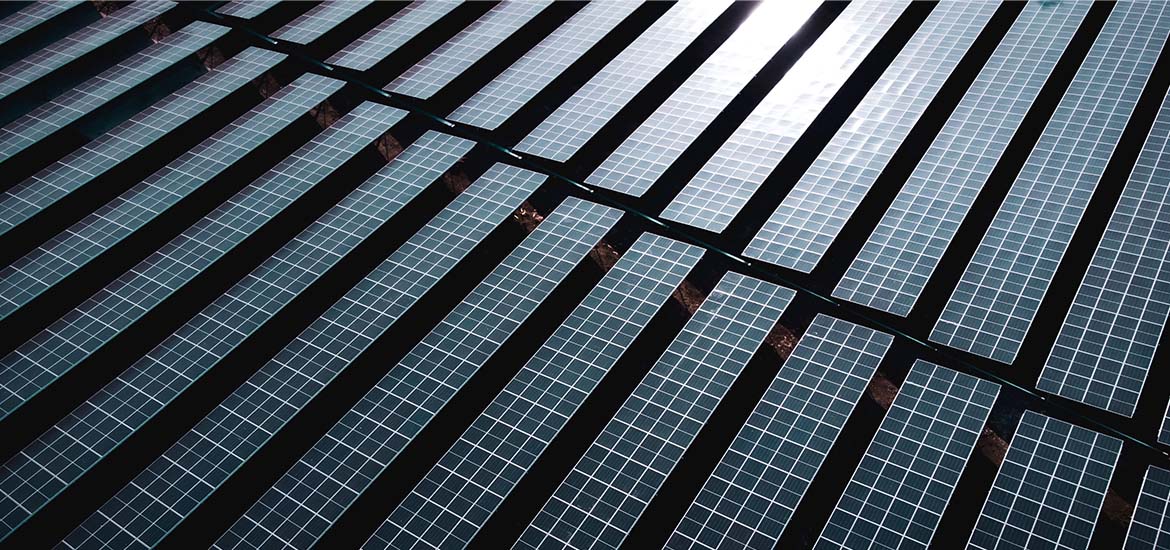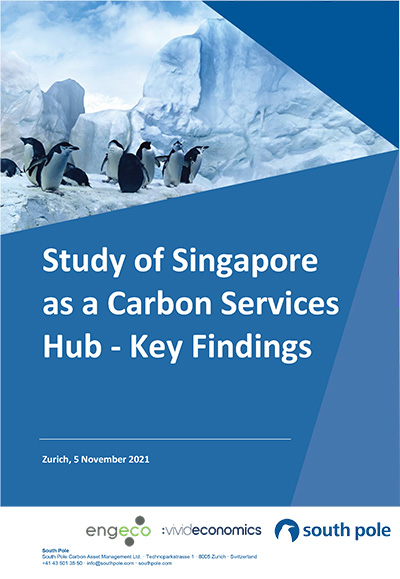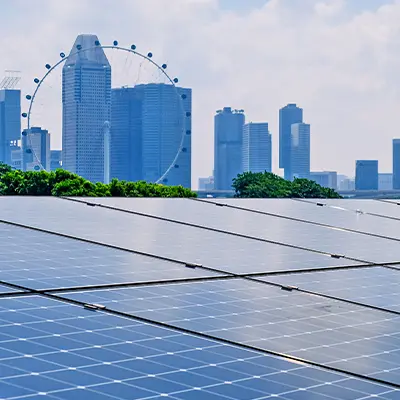New harbour craft operating in port waters must also be fully electric, or be capable of using B100 biofuels or compatible with net-zero fuels like hydrogen from 2030.
“MOT (Ministry of Transport) will also work with the aviation and maritime ecosystems to put the regulatory frameworks, pilots, incentives and infrastructure in place to facilitate a smooth transition,” said Mr Iswaran.
MOT is also supporting the efforts of the International Civil Aviation Organisation and the International Maritime Organisation to reduce emissions from international transport, he said.
Singapore is also working with partners to develop sustainable international aviation and maritime ecosystems, like green lanes for flights powered by sustainable aviation fuels, and green and digital shipping corridors.
On land transport, he noted that Singapore’s rail network will expand by 100km to 360km over the next decade, bringing eight in 10 homes within a 10-minute walk of an MRT station.
“Increasing the density of our rail network will make journeys more convenient for commuters, enhance the resilience of the overall system, and contribute significantly towards our net-zero emissions target by encouraging more people to opt for public transport over private vehicles,” he said.
He also said the registration of new diesel cars and taxis will be disallowed from 2025, while new cars and taxis with internal combustion engines can no longer be registered from 2030.
The islandwide deployment of electric vehicle (EV) chargers has been brought forward, with charging points to be installed in one in three public housing carparks by the end of 2023, and all public housing carparks by 2025. The deployment of 60,000 charging points by 2030 remains on track, added Mr Iswaran.
Source: The Straits Times © SPH Media Limited. Permission required for reproduction.








